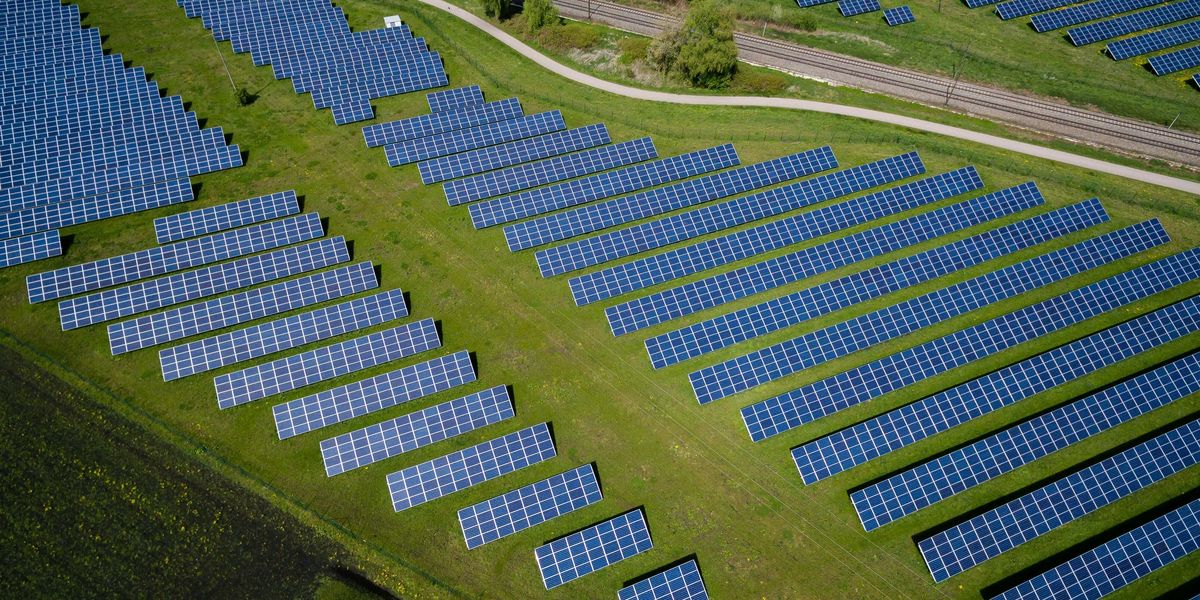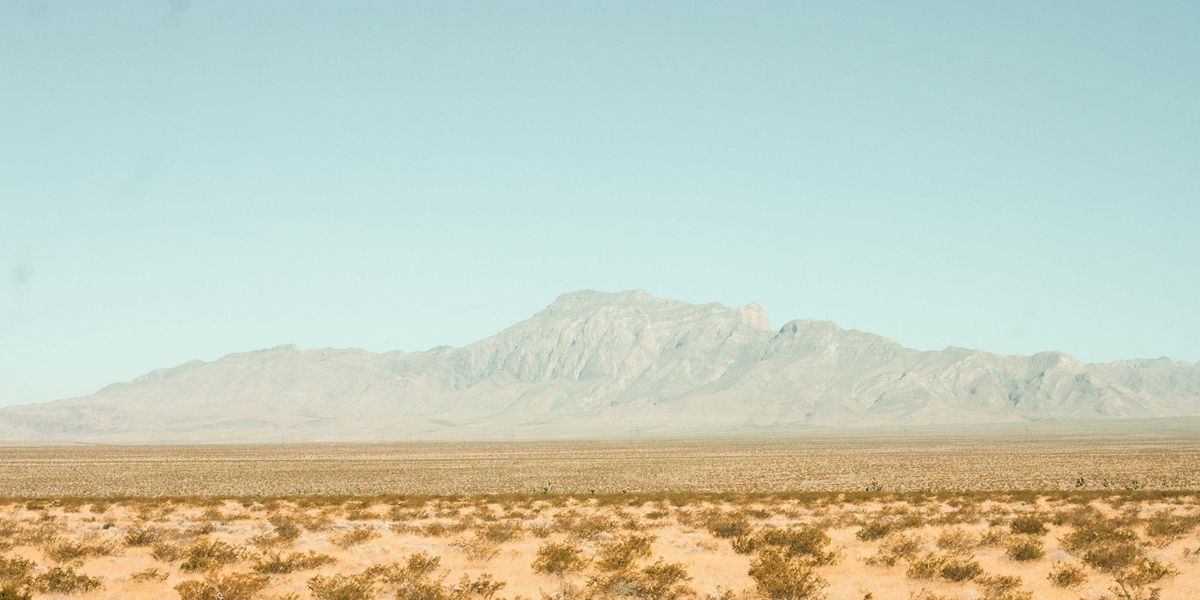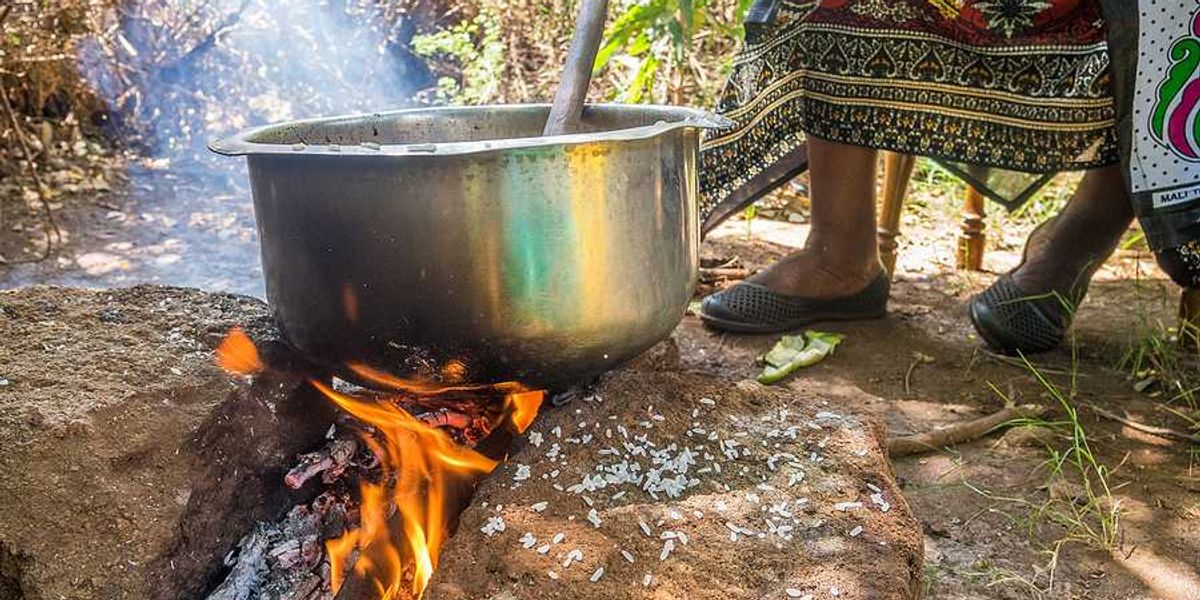Land deals in Africa prompt concerns for local communities
Communities in Liberia and other African countries face potential displacement and loss of livelihood due to extensive land sales to a Dubai-based company, Blue Carbon, aimed at conservation and carbon credit sales.
Taiwo Adebayo reports for The Associated Press.
In short:
- Blue Carbon's conservation strategy involves acquiring large land areas in Africa, intending to sell carbon credits, a move critics dub "carbon colonialism."
- Legal and human rights issues emerge as the company secures land without consulting Indigenous communities, raising fears of dispossession and cultural destruction.
- Despite aims to combat climate change, experts question the climate benefits of such carbon credit projects, highlighting concerns over transparency and the actual environmental impact.
Key quote:
“There is no opposition to fighting climate change, but it has to be done in a way that respects people’s rights and does not breach the law.”
— Ambulah Mamey, Liberian activist
Why this matters:
Companies like Blue Carbon focus on protecting and restoring ecosystems like mangroves, seagrasses, and salt marshes, which are crucial for carbon sequestration. However, critics use the term "carbon colonialism" to describe dynamics where wealthier, often Western-based companies or nations acquire vast areas of land in poorer, developing countries for carbon offset projects.
Small-scale clean energy and low carbon technologies—such as solar panels, smart appliances and electric bicycles—are more likely to push society toward meeting climate goals than large-scale technologies, according to a 2020 study.













